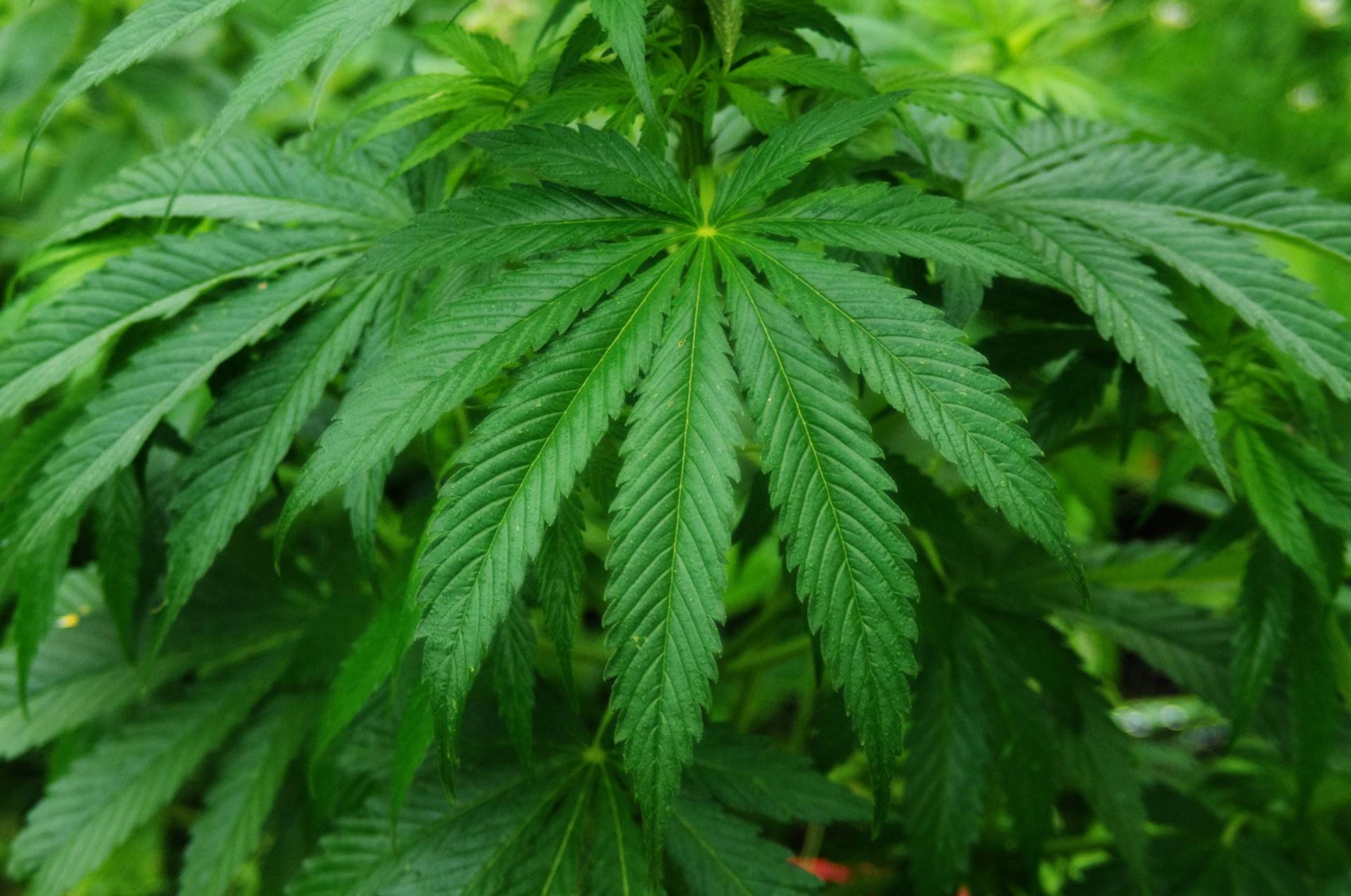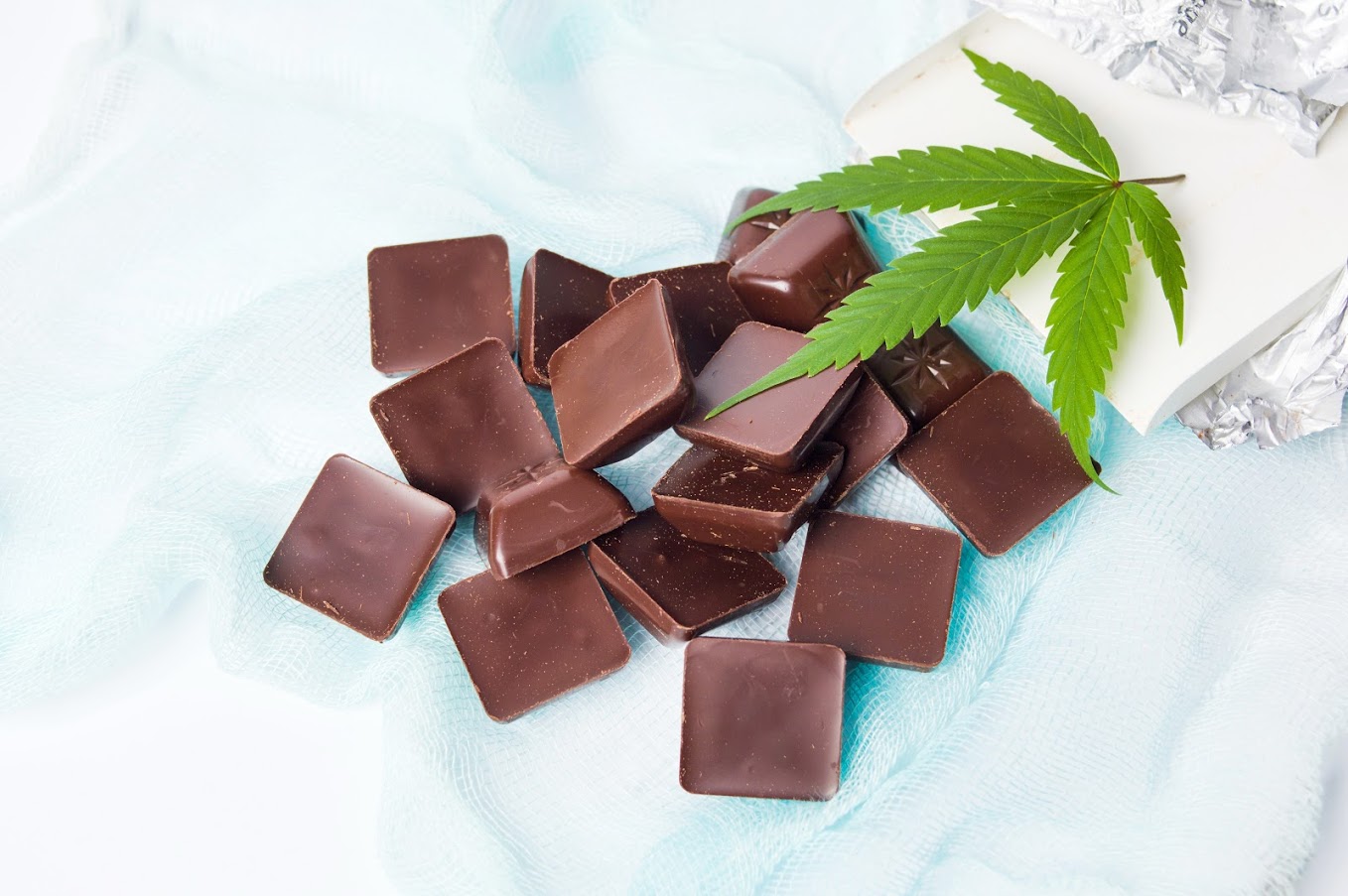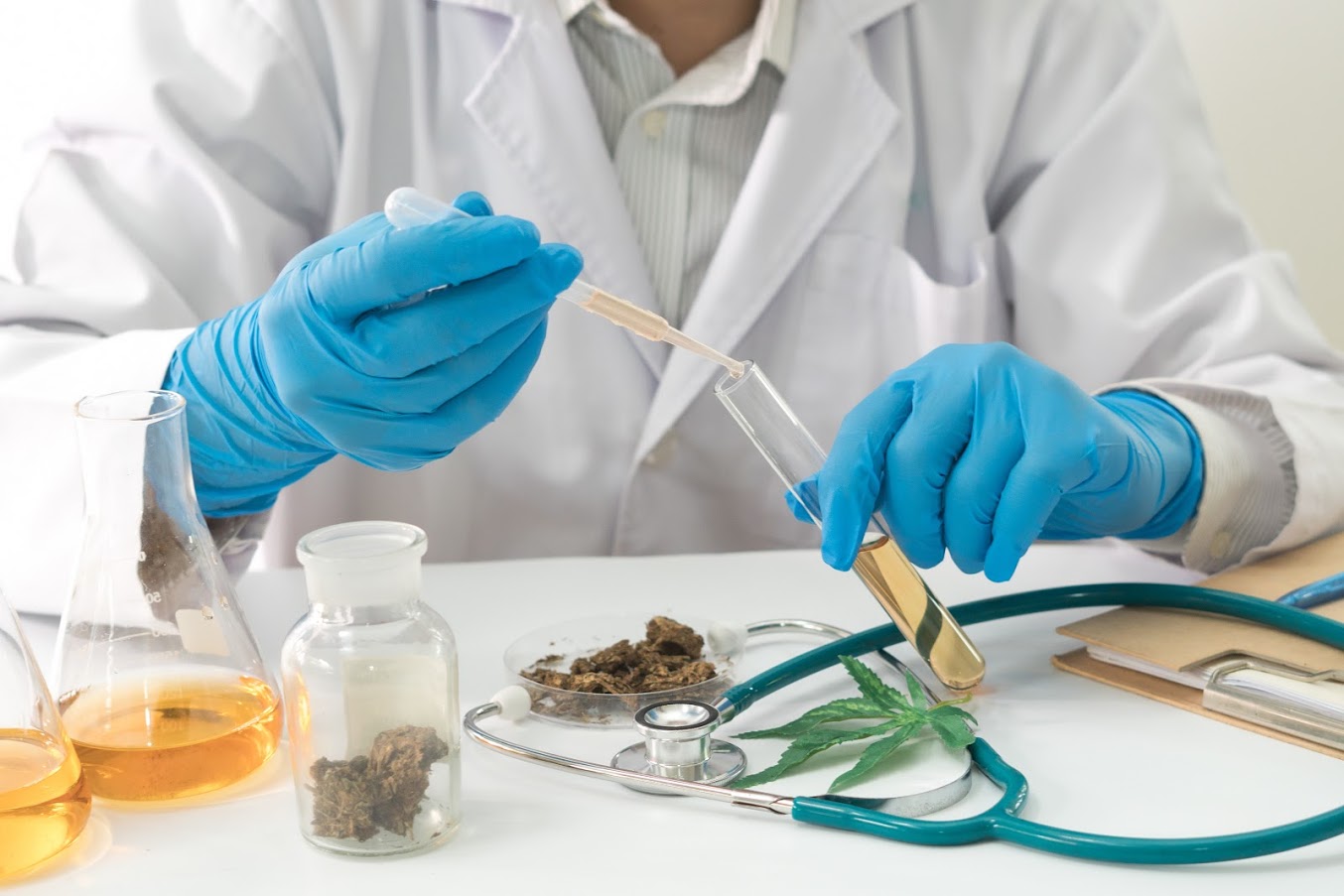
Weed Is Everywhere, So Why Is It Still A Medical Mystery?
Seeker, June 23, 2019

Seeker, June 23, 2019

Information and materials for this event are available from the FDA at:
May 31, 2019 Erika Edwards previewed the first public FDA hearing on cannabis and cannabis-derived compounds for NBC News.
Read Full Article: https://www.nbcnews.com/health/health-news/fda-hold-first-ever-hearing-cbd-industry-leaders-experts-demand-n1011846

Angelica LaVito, CNBC, May 31, 2019
Food and Drug Administration regulators grilled manufacturers and advocates Friday for evidence that CBD actually does anything they claim it does.
Companies are adding CBD, short for cannabidiol, to just about everything, including makeup, tea, pet treats and soft drinks — even though there's little data to support the many claims of its benefits. FDA regulators trying to learn more about the cannabis compound held the agency's first hearing on it Friday.
More than 100 people testified at the hearing. Speakers pushed the FDA to set up a regulatory framework to legally add CBD to food products and dietary supplements. They praised CBD and the purported benefits — and FDA panelists repeatedly asked for data. Scientists warned of the little research and many potential risks CBD brings.

Brooke Staggs, Orange County Register, May 31, 2019
Nearly three years after California voters approved a cannabis legalization bill that promised, among other things, to clarify the issue of driving while high, researchers and law enforcement have few concrete answers about a potentially deadly problem.
It’s unclear, for example, if marijuana-related arrests or car crashes have increased statewide. It’s up to each county to track that data, and many still don’t distinguish between cannabis and other drugs in their arrest and accident reports.
There also aren’t yet any reliable methods for testing whether drivers were actually impaired by marijuana when they’re behind the wheel. Research in this area is hampered by federal law and left scrambling to catch up with the wave of marijuana legalization that continues to sweep the country.
Read the rest of the article here

Felice J. Freyer, Boston Globe, April 30, 2019
An investor in the cannabis industry has donated $9 million to Harvard and MIT to study the drug’s health effects, in what the institutions describe as the largest private gift to support marijuana research in the United States.
The Broderick Fund for Phytocannabinoid Research, announced Tuesday morning, will be shared equally by Harvard Medical School and the Massachusetts Institute of Technology, with the goal of filling vast gaps in the understanding of how marijuana affects the brain and behavior.
“The lack of basic science research enables people to make claims in a vacuum that are either anecdotal or based on old science,” said the donor, Charles R. “Bob” Broderick, an alumnus of both universities. “For generations we haven’t been able to study this thing for various sorts of societal reasons. That should end now, as well as the prohibitions that are falling around the world.”
Page 21 of 23